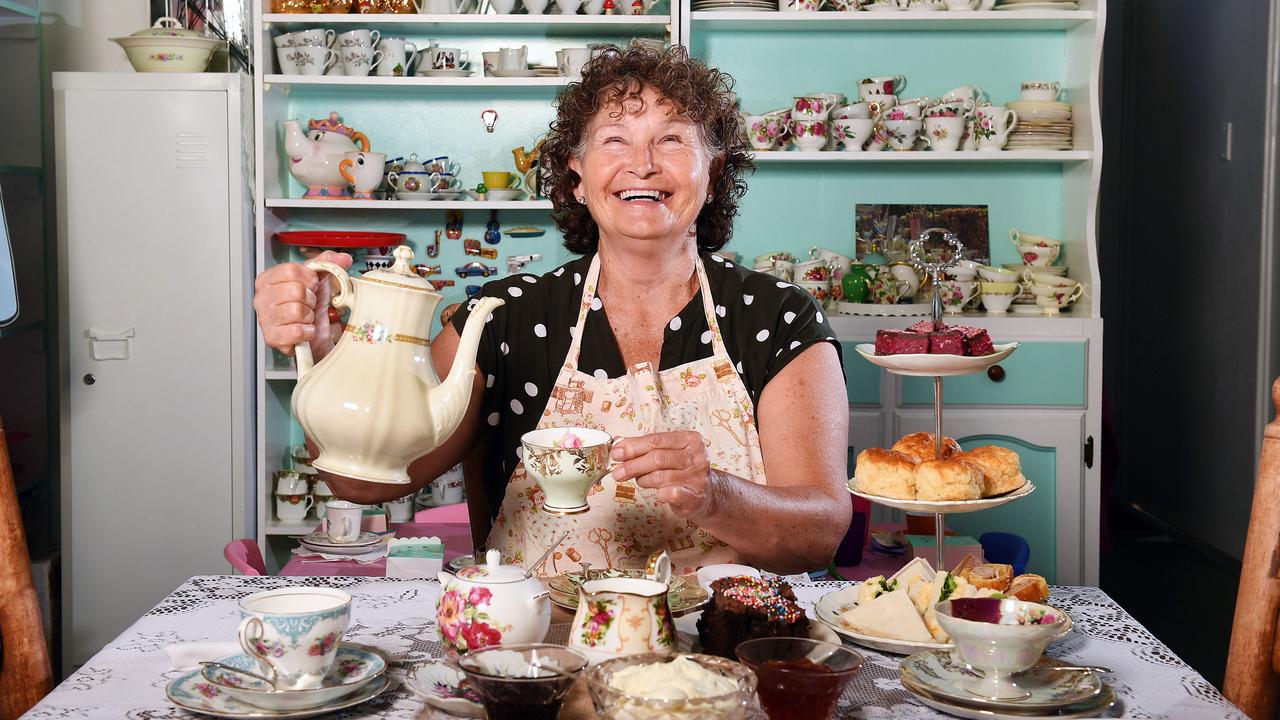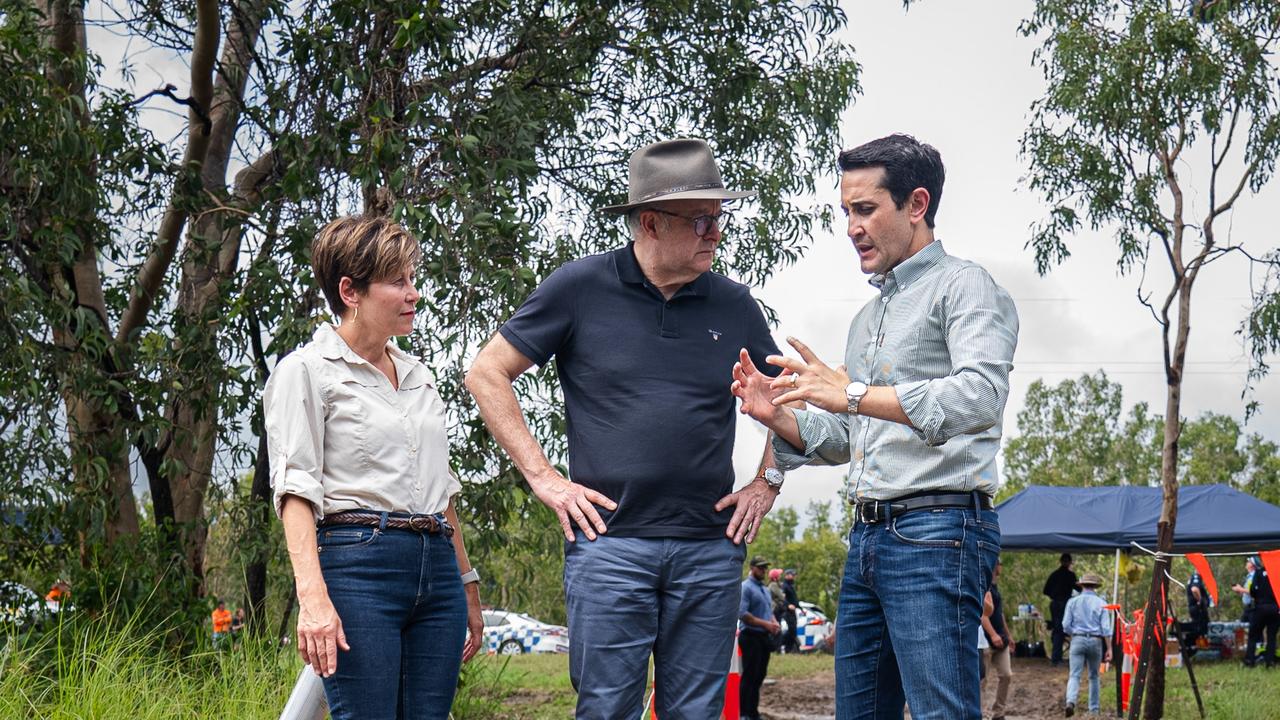CASA tenants evicted from ‘last resort’ accommodation fear homelessness
A Qld support worker and a young couple have been left with nowhere to go after they were given ten days notice of eviction from their last resort accommodation.
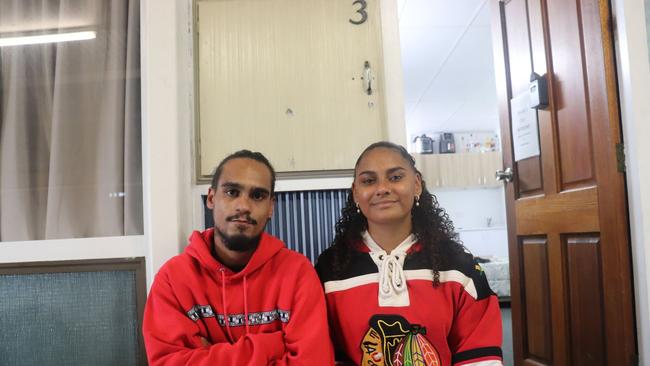
News
Don't miss out on the headlines from News. Followed categories will be added to My News.
When Sally Hore was attacked by a random man while she was living in her car, Mackay’s Community Accommodation & Support Agency gave her immediate housing.
Four months later, she along with Diamond Kris and Tyson Martin say they’ve been unfairly given ten days’ notice to box all their belongings and prepare to move out of their rooms.
Now, they face the grim reality of re-joining Mackay’s 450 other rough sleepers, as more than 180 people seek accomodation help every week, up from 100 just 12 months ago.
“I’ve got nowhere to go,” said a teary Ms Hore.
“Coincidentally, everyone that is getting moved is Indigenous.”
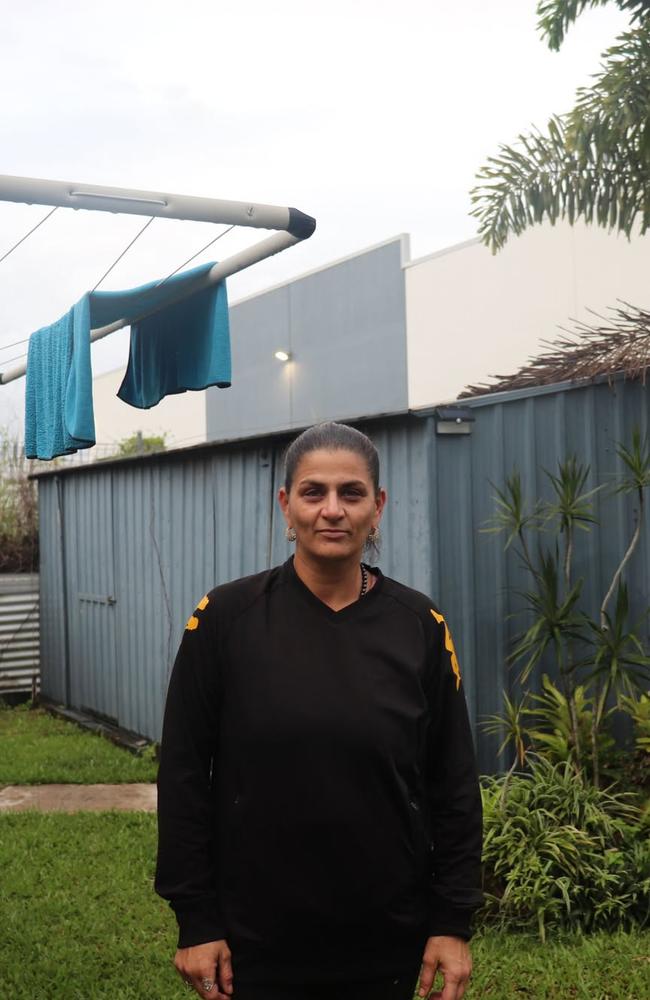
It’s been approximately four months since they moved into the City Gate Motel as part of CASA’s Immediate Housing Response program, each sharing a one bedroom unit fixed with a kitchen just wide enough to stretch both arms across.
Regardless of the conditions, a roof over her head was enough to help 47-year-old Ms Hore secure a job as a support worker and begin to have some form of independence.
Now, she fears that a life on the streets will leave her jobless and back to square one.
“I’m a support worker, I’m supposed to be supporting people and this is stressing me out, emotionally,” she said.
“I went to work today balling my eyes out. What am I going to come home to? Am I going to come home to my stuff outside?
“I want a roof over my head so I can get up and go to work.”
One step forward, two steps back
Ms Kris turns 23 this year and has been on the public housing waiting list since she was 17.
It’s been a bureaucratic process of long waits and no answers.
“You go and you do appointments, you do this and you do that,” she said.
Without a stable family home or long-term housing she has struggled to hold down a job and says getting evicted will leave her and Mr Martin with no direction.
“The reason for us is so that they can move more people in,” said Ms Kris.
“We will just see how it goes day by day I guess.
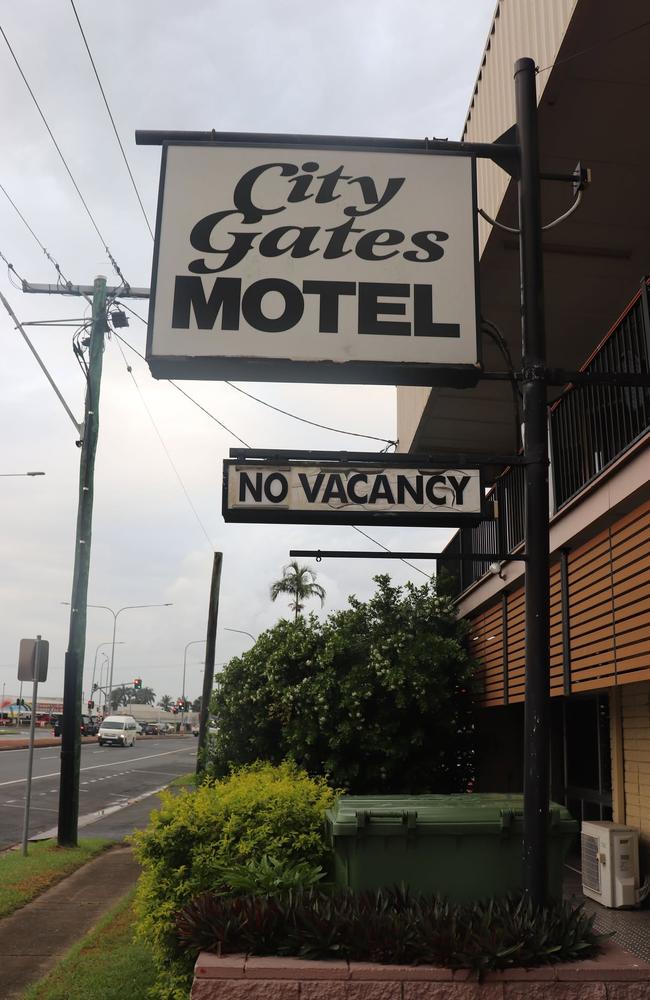
Regarded as a last resort behind crisis accommodation, the IHR program is short-term, usually lasting around six to seven months, and is designed to respond to people at imminent risk of homelessness while helping them transition into secure housing.
According to their guidelines, the program must “where possible, not exit any client into homelessness”.
Manager at CASA, William Stafford says the three were given other options either through local caravan parks, Dolphin Heads resort or the Indigenous hostel.
He added that they were in fact given two weeks’ notice and that it was “not indicative of a targeting because of their race”.
“It’s just a case that we’re looking at people that aren’t engaging and that they have been there the longest,” he said.
“It gives us no pleasure whatsoever to have an exit that’s not a long-term solution.
“But we require input from the client to make it happen and if we don’t get that it doesn’t work.
Number of people seeking help almost doubles
While the three make up a small part of CASA clients that don’t successfully make the transition into secure housing, they’re the face of a crisis among First Nation communities in Mackay.
Making up only three per cent of the Mackay population, Mr Stafford said of the 206 visibly homeless people his outreach program saw last month, 34 per cent identified as Indigenous Australian.
Mr Stafford says his organisation has a 90 per cent success rate of getting people into long-term housing once they enter one of their 16 crisis accommodations across Mackay.
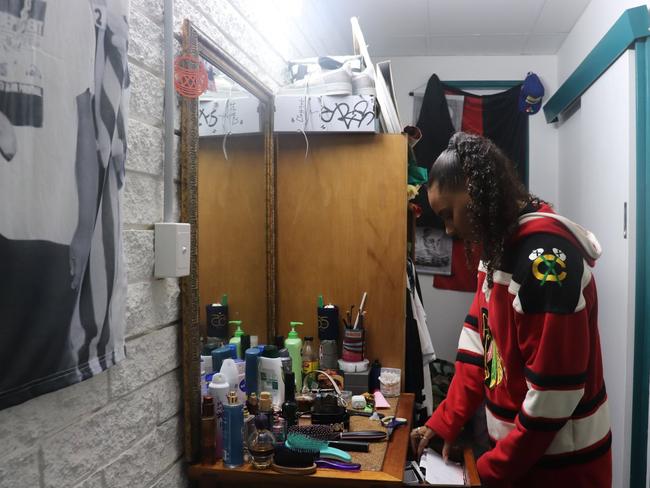
Though with around 180 people seeking emergency accommodation daily, up from 100 a year ago, Mr Stafford says CASA can’t afford to have people “sitting in motel rooms which is a very, very expensive emergency accommodation solution”.
Between 2022 and 2023, CASA spent about $420,000 on housing solutions for Mackay residents compared to an estimated $1.8 million this year, with a lot of that going into crisis accommodation.
As a non-for-profit community housing agency, CASA received a revenue of $5m, 75 per cent of which was taxpayer funded.
“The quicker we can have that flow (of people), the better,” Mr Stafford said.
Mr Stafford says that an increase in the number of singles and couples that they’re seeing on the streets is straining their services and that without enough crisis accommodation, people will be left slipping through the cracks.
It comes after the national charity behind the local Mackay Sleepbus grinds to a halt leaving some of the city’s most vulnerable without a vital service.
“I think we need supported living, some form of shelter. I think there’s a real real gap for that,” Mr Stafford said.
“We’re swimming upstream.
“Mackay is growing and unfortunately its problem are with it.”
More Coverage
Originally published as CASA tenants evicted from ‘last resort’ accommodation fear homelessness




